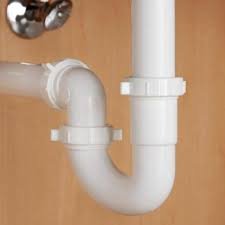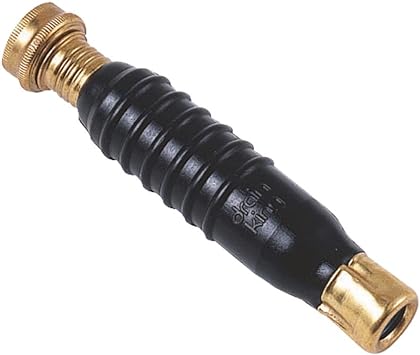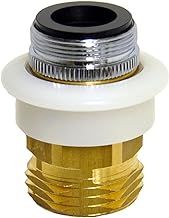From time to time, my kitchen sink is clogged for no known reason. Then I have to hire someone to unclog it after all
common methods are tried, like using plunger or draining hot water or unclogging chemicals (all useless). Hiring someone always works but service cost is always high.
I admit that I wasn't extremely careful when draining wastes but I never, ever drain any large solid waste. Now I hope to be more careful, in fact my goal is to never drain anything into the kitchen sink except the original tap water.
However, it's okay for the first few days to work carefully but it is really inconvenient in the long run to avoid all other solid and liquid wastes draining into the kitchen sink
In fact, what are the main causes of clogging? Is it only because of solid waste? Could oil residue accumulate deep inside the pipe over time and cause
clogging? It is often said oil is the cause of clogging but I really doubt, isn't dish-washing detergent just designed to neutralize oil?
I really do not want to hire someone again, but when it gets clogged, all those suggested methods online never works. However, I still cannot think of any real reason causing the clog.
common methods are tried, like using plunger or draining hot water or unclogging chemicals (all useless). Hiring someone always works but service cost is always high.
I admit that I wasn't extremely careful when draining wastes but I never, ever drain any large solid waste. Now I hope to be more careful, in fact my goal is to never drain anything into the kitchen sink except the original tap water.
However, it's okay for the first few days to work carefully but it is really inconvenient in the long run to avoid all other solid and liquid wastes draining into the kitchen sink
In fact, what are the main causes of clogging? Is it only because of solid waste? Could oil residue accumulate deep inside the pipe over time and cause
clogging? It is often said oil is the cause of clogging but I really doubt, isn't dish-washing detergent just designed to neutralize oil?
I really do not want to hire someone again, but when it gets clogged, all those suggested methods online never works. However, I still cannot think of any real reason causing the clog.



